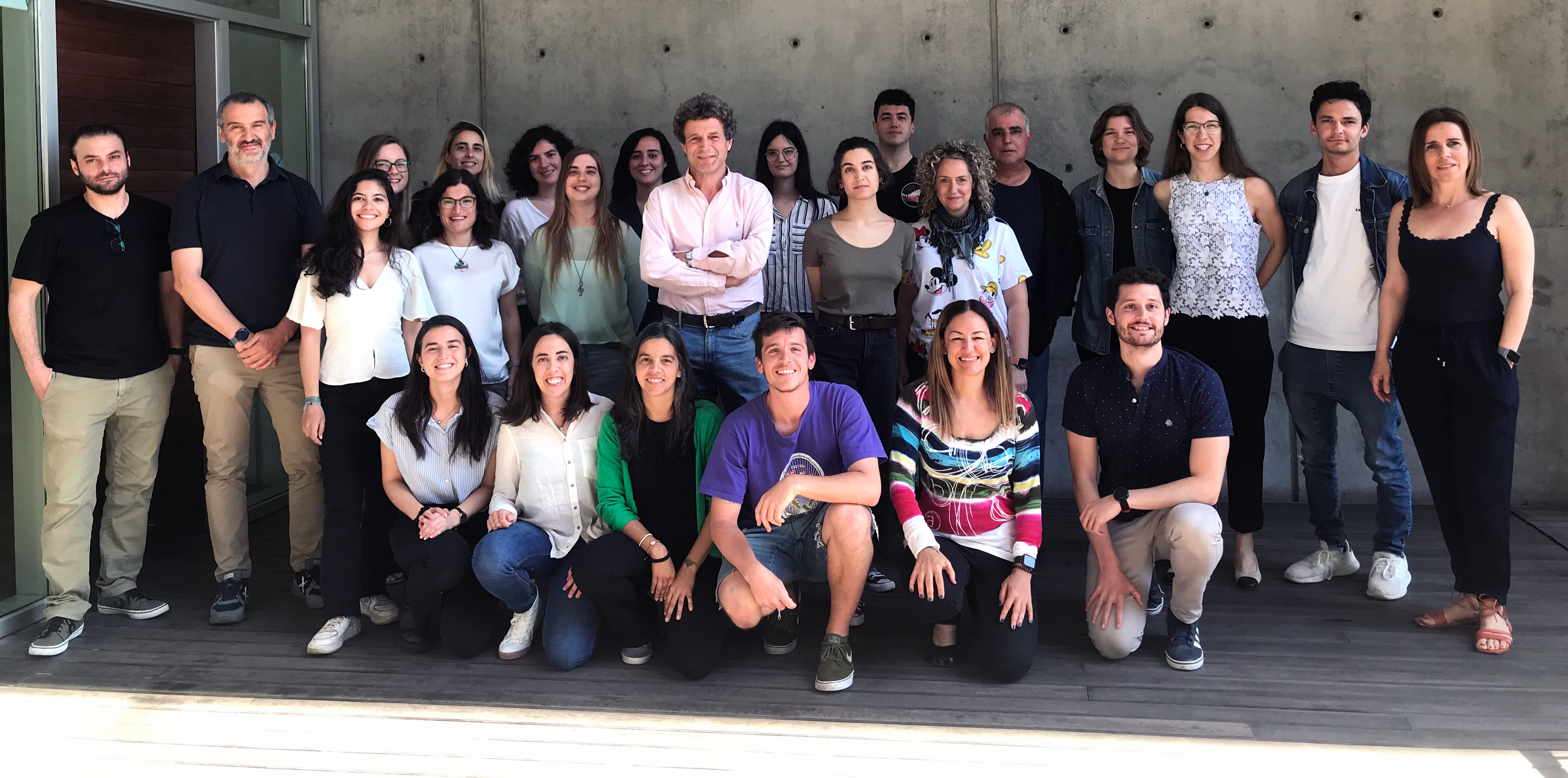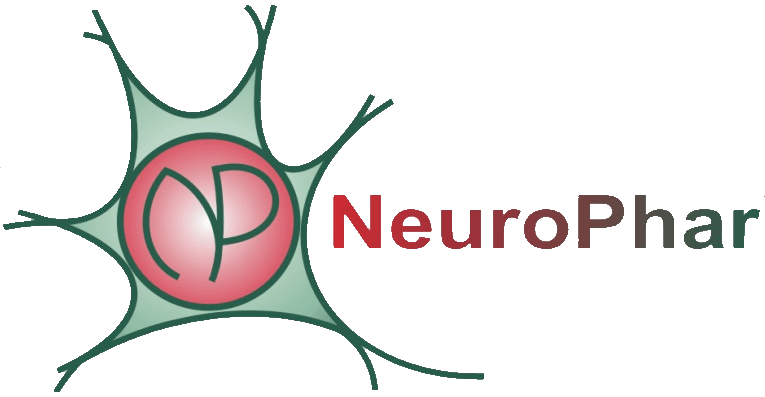
Prof. Rafael Maldonado started his scientific career in 1985 and since then he has made significant findings that have allowed the advancement of knowledge of drug addiction's neurobiological substrate and the associated neurological disorders. He has published more than 381 scientific documents in peer-reviewed indexed scientific journals, most in high impact factor journals, including Science, Nature, Nat Neurosci, Nat Genet, Gut and Cell Metabolism, among others and five books, directed 41 doctoral theses.
Prof. Andrés Ozaita is a senior researcher in the group of Neuropharmacology since 2003 and a professor of Pharmacology at UPF. The focus of his research is the identification of learning and memory mechanisms which can be modulated to improve performance. Among those susceptible mechanisms, the endocannabinoid system has centered most of his recent research, from physiological and pathological perspectives. Relevant for the present application, he applied treatments to modulate the endocannabinoid system in mouse models for Fragile X syndrome (Nat Med., Nat Neurosci) and Down syndrome, showing the positive impact over several neurological alterations. To this end, he has used genetic and pharmacological manipulations leading to one licensed patent (PCT/EP2013/055728). Experimental approaches in his research lines include molecular methods to measure gene and protein expression/phosphorylation, confocal imaging analysis to measure dendritic spine density/morphology, neuronal/microglial morphology and activity and connectivity, together with refined behavioral approaches.
Dr. Elena García-Martín is a senior researcher in the group of Neuropharmacology since 2007 and she is an expert in behaviour models and stereotaxic surgery. Despite her young age, she has contributed with 50 original articles, including high impact journals such as Science, Mol Psychiat, Biol Psychiat, Brain and Annals Neurol, as well as recent publications in Nat Commun and J Clin Invest. She specializes in the study of the neurobiological basis of addiction and related mental disorders, focusing on the nature of individual differences in behavior. Genetic and environmental influences are of a specific focus aiming to explain how the interaction between multiple genes and environmental factors impacts brain function and connectivity during development and throughout the adulthood period and its influence on behavior.
Dr. Beltrán-Alvárez joined the Neuropharmacology Laboratory in 2020 as a postdoctoral researcher. He did his Ph.D. thesis in Girona University about the characterization of two new animal models of fibromyalgia. His research is now focused on the study of chronic pain and its pharmacological treatment. This research is framed in two European projects of the Horizon 2020 framework, PainFACT, and QSPainRelief, and he is leading the EraNet-Neuron project entitled “Biomarkers of ANTidepressant RESponse: early indicators and novel targets” within affective disorders research line and with the focus on pathophysiology of depression and the reasons for the resilience to current drug therapies.
All our research fields are covering essential problematic topics in social, psychological, and medical areas and most of them are on the priority topics for the most important grant calls. Our diverse research leads to extensive collaborations with international and national laboratories, which provides us new possibilities, exchanges, and new insights in our research, besides the opportunities for research stay for our PhD students. For example, food addiction experiments in a collaboration with other partners provided us a possibility to focus on Gut-Brain axis and its involvement in food addiction and obesity, a theme, which recently gained a lot of importance due to increasing incidence, especially in developing countries, and which is associated to other complex behavioral alterations.
![]()








Productivity
Department of Medicine and Life Sciences
PRBB building (Mar campus)
Doctor Aiguader, 88
08003 Barcelona
+34 93 316 08 66

